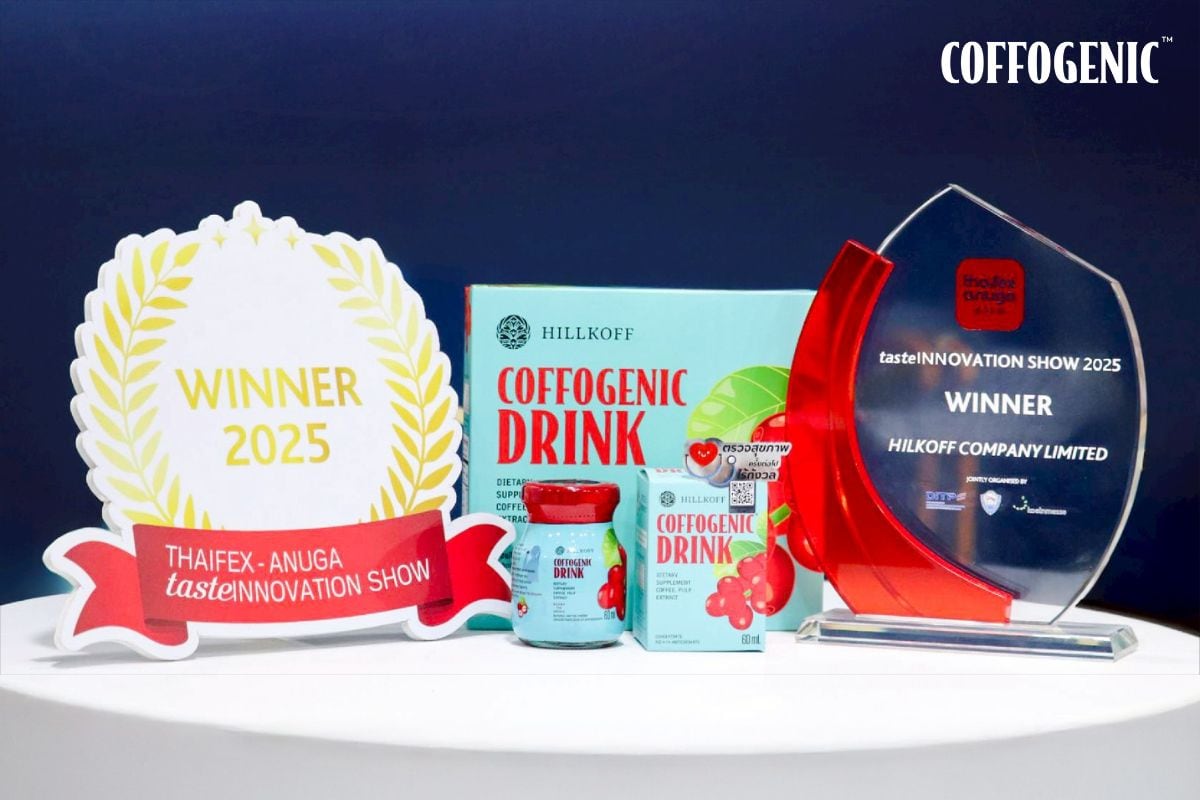Summary of Thai Union’s financial results and tariff strategies
- Thai Union reported THB6.6bn (US$204m) in gross profit, up 0.5% YoY, but sales fell 5.4% YoY to THB33.4bn (US$1.03bn).
- The US now imposes a 19% reciprocal tariff on Thai Union, with ambient foods facing a total 31.5% tariff.
- Thai Union plans to shift production to Ghana and Seychelles to reduce costs.
- Thailand’s 19% frozen food tariff remains lower than competitors like Vietnam and India.
- Thai Union remains confident in its diversified portfolio and ability to adapt to global trade challenges.
Thai Union recently announced its Q2FY2025 financial results, reporting 0.5% year-on-year increase in gross profits to THB6.6bn (US$204m) but a -5.4% year-on-year decrease in sales to THB33.4bn (US$1.03bn), citing impacts from financial exchange rates where the Thai baht dropped 4.7% year-on-year; low tuna prices, as well as weaker demand in the United States.
Major impacted categories in the United States included frozen seafood as well as private label OEM production, attributable to tariff uncertainties and pressures.
Almost all of Thai Union’s business categories have shown a drop in sales for the first half of 2025.
Ambient foods sales dropped by -9.2% year-on-year, frozen foods by -9.7% year-on-year and value-added products (e.g. plant-based seafood and supplements) by -6.2% year-on-year. Only Petcare showed some growth at 1.8% increase year-on-year.
“Ambient product sales [have been affected] by both lower tuna prices as well as a decline in U.S. private label due to tariff uncertainty,” Thai Union Group CFO Ludovic Garnier stated in Thai Union’s Q2FY2025 financial results briefing.
“Similarly, Frozen sales declined [primarily] due to unfavourable FX impact and ongoing soft sales of private label shrimp in the U.S. market, largely driven by an increase in shrimp prices leading consumers to become more cautious with their spending.”
Tackling tariffs
With around 38% of Thai Union’s total sales generated in the United States, the firm is taking steps to tackle the ongoing tariff-linked pressures by outsourcing its production to more competitive markets.
“The U.S. announced the final reciprocal tariffs on August 1, 2025, with Thailand assigned a rate of 19%. This is still competitive compared to our peers,” Garnier added.
“At any rate, Thai Union is well positioned to explore sourcing from our facilities in low-tariff countries [and we are exploring] competitive advantages and potential alternatives now.”
For ambient food exports, Thailand is also being subjected to an additional 12.5% in base tariffs, making for 31.5% in total tariffs. This is the main category in which Thai Union is seeking alternative production bases.
“One solution is to expand our production capacity in Ghana which has 0% base tariffs and 15% reciprocal tariffs (total 15%), or Seychelles which has 12.5% base tariffs and 10% reciprocal tariffs (total 22.5%), then shifting the volumes we export to the US from Thailand to these markets,” he said.
“Another solution we are looking at is local capacity build-out in the US – the local factory currently processes only loins, and we are expanding capacity with new machines at Lyons as well as evaluating automation to reduce costs.”
The Seychelles is also located near rich tuna sources which could help to reduce transport time and costs.
Other cost-effective markets like Indonesia and the Philippines are subject to the same total tariffs as Thailand, hence have fallen further down the competitive ladder.
Competitiveness still high
That said, Thai Union believes it is still in a strong position when it comes to its other businesses like frozen seafood and pet care.
“Thailand’s total tariff on frozen products ranks among the lowest compared to our peers, providing a positive advantage for our frozen exports,” he said.
Thailand is subject to a total of 19% tariffs for frozen foods – mainly coming from the reciprocal tariffs – and is still lower than competitors such as Indonesia (22.9%), India (34.8%) and Vietnam (58.1%) who are subject to additional duties such as anti-dumping duties and countervailing duties.
Anti-dumping duties are tariffs on imports sold ‘below fair market value’ to protect local industries from unfair competition, whereas countervailing duties are tariffs to counter foreign export subsidies and ‘level the playing field’ for domestic producers.
Vietnam in particular has been subjected to immense anti-dumping duties of 35.3% by the United States since June 2025.
“With the current tariff rate remaining competitive, we are confident in our continued ability to compete effectively [in the frozen foods sector],” said Garnier.
“Thailand’s tariffs on PetCare products is also the lowest among competitors at 19%, which reinforces our leadership position in the market.”
Overall, the firm is keen to highlight the positives of the past year and is confident it will be able to press on despite the tariff situation.
“Thai Union has continued to demonstrate strong operational execution despite external headwinds, including the U.S. import tariffs. This performance underscores the strength of our diversified portfolio and our ability to adapt swiftly to changing market dynamics,” he concluded.





